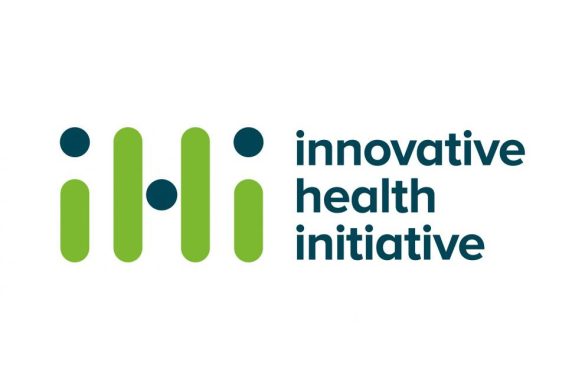In this report, the authors examined five patients who had Guillain–Barré syndrome after the onset of coronavirus disease 2019 (Covid-19) infection. Four of the patients had a positive nasopharyngeal swab for SARS-CoV-2 at the onset of the neurologic syndrome, while one had a negative nasopharyngeal swab and negative bronchoalveolar lavage but subsequently had a positive serologic test for the virus. The first symptoms of Guillain–Barré syndrome were lower-limb weakness and paresthesia in four patients and facial diplegia followed by ataxia and paresthesia in one patient.
The interval between the onset of symptoms of Covid-19 and the first symptoms of Guillain–Barré syndrome ranged from 5 to 10 days. Generalized, flaccid tetraparesis or tetraplegia evolved over a period of 36 hours to 4 days in four patients; three received mechanical ventilation. In all the patients, a real-time polymerase-chain-reaction assay of the CSF was negative for SARS-CoV-2. Electrophysiological studies were generally consistent with an axonal variant of Guillain–Barré syndrome in three patients and with a demyelinating process in two patients. All the patients were treated with intravenous immune globulin. This paper provides support for an association between Covid-19 and Guillain–Barré syndrome. However, the authors underline that Guillain–Barré syndrome with Covid-19 should be distinguished from critical illness neuropathy and myopathy, which tend to appear later in the course of critical illness than Guillain–Barré syndrome.
https://www.nejm.org/doi/full/10.1056/NEJMc2009191?query=featured_coronavirus
by Marialuisa Zedde and Francesco Cavallieri













